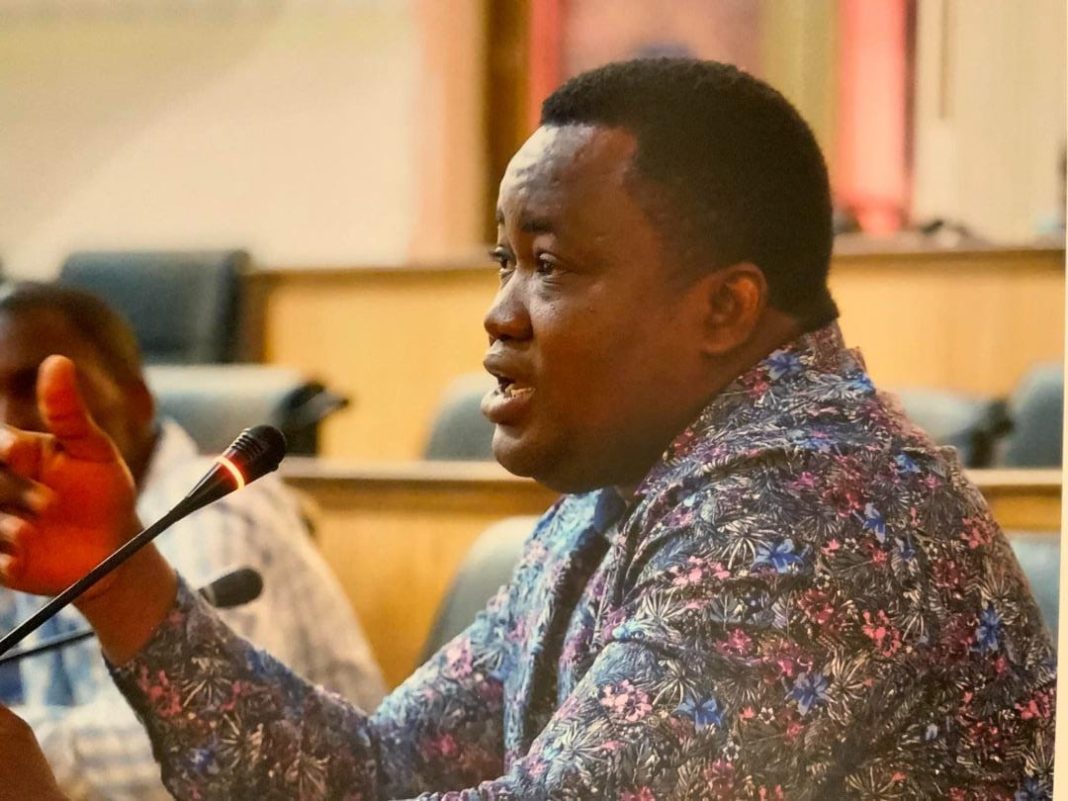Development economist Dr. Michael Adongo has urged the ongoing National Economic Forum to focus on two critical issues affecting Ghana’s economy: the domestic debt overhang and challenges in revenue mobilization. He emphasized that these concerns are at the core of the nation’s economic struggles and should take priority at the forum.
Speaking on A1 Radio, Dr. Adongo stated that Ghana’s economic situation cannot be fully understood without considering the weight of its debt and the difficulties in generating sufficient revenue. He expressed optimism that addressing these issues would set the country on the path to meaningful progress.
“These are the only two things haunting the nation. If we can get them right—if they are the only two things we address at the forum—we would have used taxpayers’ money very well,” he said. “But I believe we also need to assess how our development will proceed against the backdrop of limited borrowing capacity and our inability to raise enough funds to meet expenditures.”
The economist also highlighted the forum’s potential to shape discussions on revenue generation strategies, particularly taxation. He suggested that property taxes and other forms of taxation, such as the betting tax and the E-levy, could be key topics for debate. He stressed the importance of creating a balanced tax system that stimulates investment while protecting vulnerable populations.
“The government has to decide whether to remove the betting tax, which would make young people happy but encourage gambling, or to remove the E-levy, which is highly unpopular and largely seen as affecting the poor,” he explained. “Alternatively, they may need to provide tax relief to corporate Ghana to encourage investment and job creation.”
Furthermore, Dr. Adongo expressed hope that the economic forum’s recommendations would be reflected in Ghana’s upcoming mid-year budget. He emphasized the need for a comprehensive agricultural strategy to drive job creation, particularly for young people. According to him, agriculture has significant potential for employment generation and should be a major focus for both short-term and long-term economic growth.
“We are all eagerly waiting for the budget to see how the Minister of Finance, Hon. Cassiel Ato Forson, will navigate this difficult terrain. But I trust he will come up with something substantial,” he said.
“I expect to see a well-structured agricultural initiative that encourages young people to take up farming seriously. If we want to create employment in this country, agriculture is our best option—it must be meaningful, significant, and aligned with the aspirations of young people. Once we achieve that, we can shift a significant proportion of youth into agricultural production, triggering a multiplier effect.”
However, Dr. Adongo criticized the forum’s organizers, expressing disappointment with their level of preparation. He argued that they could have done more to foster an inclusive and effective discussion. He also suggested that the forum’s structure might be deliberately limiting the participation of key stakeholders to maintain the organizers’ control over the event.
“I think the organizers have done a lazy job,” he remarked. “Secondly, they may be trying to protect their space, avoiding the inclusion of people who could overshadow their capacity.”
Source: A1Radioonline.com|101.1Mhz|Gifty Eyram Kudiabor|Bolgatanga


